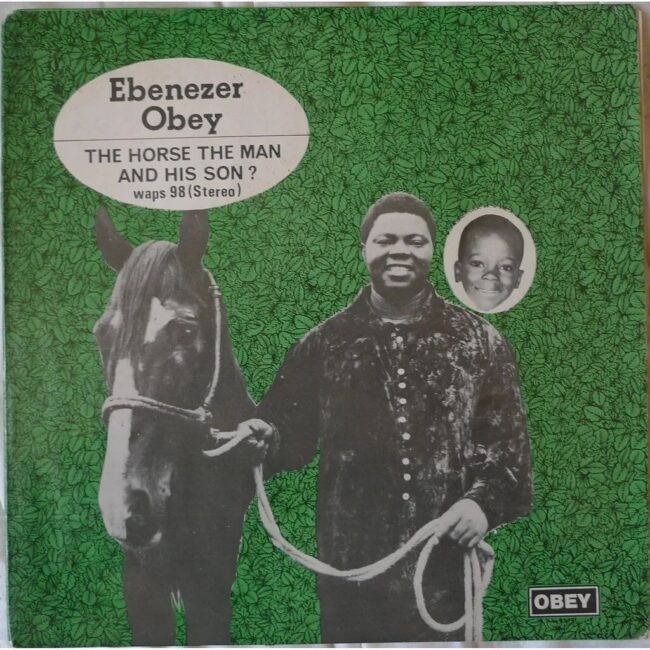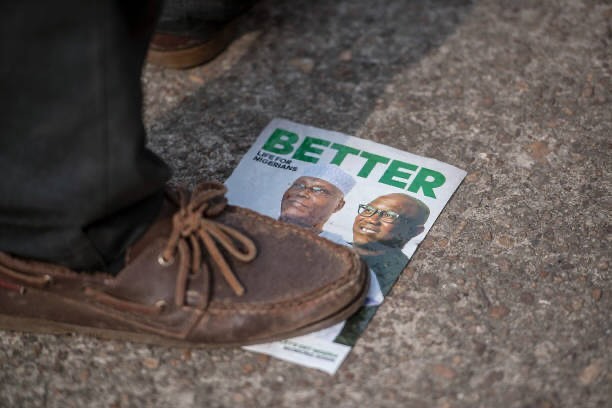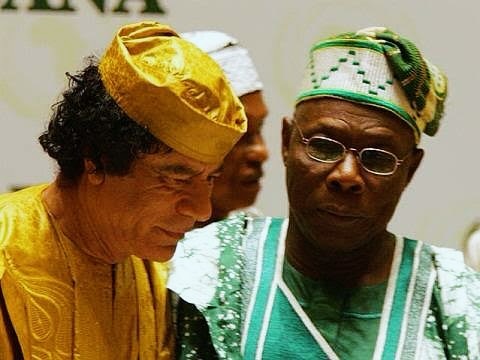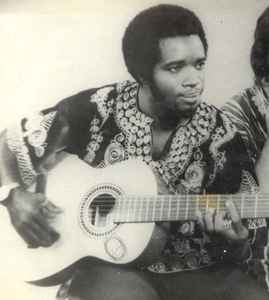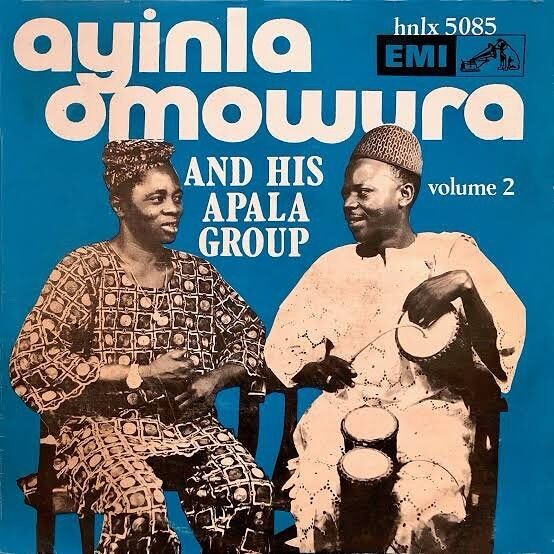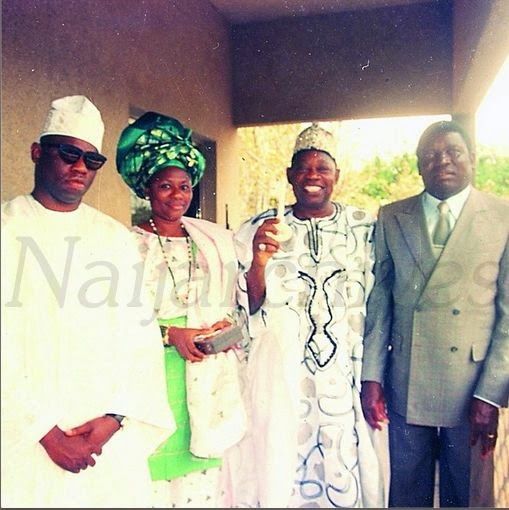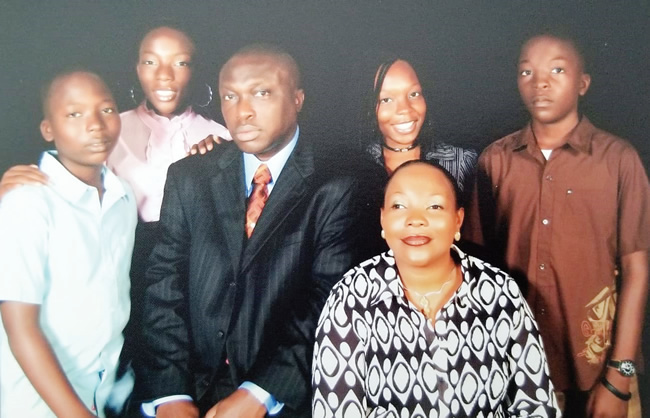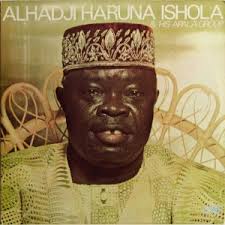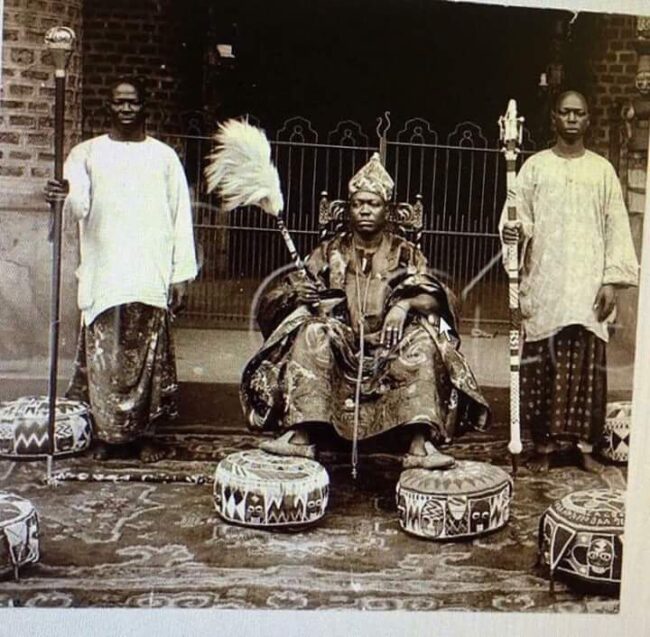“The Horse, The Man, His Son”. An Iconic Hit by Ebenezer Obey
*The Horse, The Man, His Son* is one of the most well-known songs in Obey’s vast career. This narrative-driven song, which lasts 19 minutes, is a powerful lesson about human nature and the pointlessness of trying to win over everyone. Obey sings about a man, his son, and their horse in a straightforward narrative, showing how people will always find fault with anything you do. The story’s obvious lesson is that, in the end, it’s better to go along your own road and disregard the opinions of others. The current rivalry between Davido and Wizkid is well-known to many, yet it is nothing compared to the epic musical rivalry between Chief Commander Ebenezer Obey and King Sunny Ade. These two Juju music icons produced an amazing amount of timeless songs that influenced the soundscape of Nigerian music over their nearly three-decade amicable but intense rivalry. Their rivalry was distinct due to the caliber and cultural influence of their music in addition to its endurance. Both musicians’ songs evolved into timeless classics that continue to be adored today. It’s difficult to think of any contemporary artistic rivalry that will have the same enduring impact as theirs did. The song’s global concept is what keeps it relevant over time. Listeners from many eras and cultural backgrounds find resonance with the message, especially in the South-Western community where its philosophical insight is widely acknowledged. The concept’s simplicity, combined with Obey’s captivating narration and melodic arrangement, have solidified *The Horse, The Man, His Son* as one of Nigerian music’s most enduring and cherished songs. This song, which is practically a household staple in Yoruba culture, is timeless in its relevancy and serves as a reminder of the allure of plain narrative and music.

